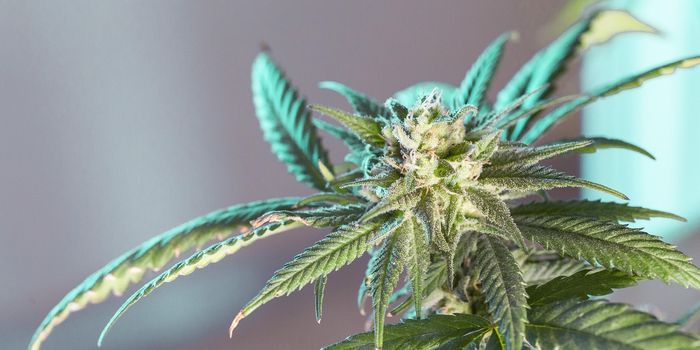Blood Group and COVID-19 Susceptibility- An Ongoing Debate
Since their discovery, there has been an interest in how ABO blood groups and infectious diseases may be related. In addition to blood groups serving as potential receptors for various organisms, many other mechanisms have been proposed for this relationship. At the beginning of the COVID-19 pandemic, multiple studies tried to determine if there was connection between the risk of contracting COVID-19 and blood type. While results from the United States have been conflicting, those from studies performed in other parts of the world have shown a link. Reports in the media were conflicted and led to confusion. A recent meta-analysis published in Transfusion and Apheresis Science helps clear up discrepancies in earlier meta-analyses.
This robust level of evidence reviewed published works from major scientific databases over 15 months and excluded irrelevant studies. The results were statistically significant and indicated a higher infection rate in subjects with blood group A, and the lowest infection rate in subjects with blood group AB. An increasing body of evidence has suggested an increased susceptibility of blood group A individuals to COVID-19 infection. One proposed mechanism for this observation may be that these individuals lack anti-A antibodies, which may lead to a decreased ability of the virus to enter a cell. The exact mechanisms for the relationship between ABO blood groups and COVID-19 viral infection remain a topic of ongoing study.
Although this study has limitations, like variation in study population characteristics, it has helped to clarify earlier ambiguous results related to the link between blood group and COVID-19 susceptibility. Understanding the risk factors associated with the disease remains an essential part of limiting disease burden within the population and driving health policy decision-making. Further research will be required to determine whether or not these or similar findings should influence guidelines for infection control.
Sources: American Society For Microbiology, Transfusion and Apheresis Science









